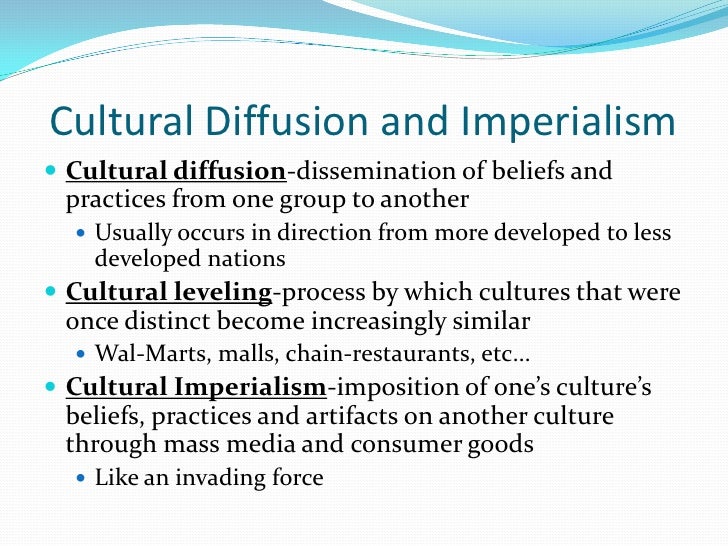
It is through encounters with peoples from different ethnocultural backgrounds that nurses start their journey of becoming culturally competent.

In her article, Bourque Bearskin (2011) points out that “culture is everything about people: the way they live, the way they view things, the way they communicate” (p. This ongoing process means that nurses are immersed in a continual process of education where there is no end point to learning about cultural differences. Campinha-Bacote (2002) points out that to be effective, this model “requires health care providers to see themselves as becoming culturally competent rather than already being culturally competent” (p. Campinha-Bacote’s Process of Cultural Competency and Model of Care (2002) builds on the assumption that cultural competency is an ongoing process of being and becoming. Campinha-Bacote (2002) defines cultural competency as an “ongoing process in which the health care provider continuously strives to achieve the ability to effectively work within the cultural context of the client ” (p. Jeffreys (2010) refers to cultural competence as “a multidimensional learning process that integrates transcultural nursing skills in all three dimensions (cognitive, practical, and affective), involves transcultural self-efficacy (confidence), and aims to achieve culturally competent nursing care” (p.

Purnell (2013) defines cultural competence in health care as “having the knowledge, abilities, and skills to deliver care congruent with the patient’s cultural beliefs and practices” (p. Nurses need to possess cultural competency when navigating culturally diverse clienteles and multicultural workplaces.Ĭultural competency is both an individual and an organizational process (Andrews & Boyle, 2012). Religion, gender, and socialization influence cultural patterns and create a diversity of needs when applied to nursing and health care. Culture represents “the learned, shared, and transmitted knowledge of values, beliefs, norms, and lifeways of a particular group that guides an individual or group in their thinking, decisions, and actions in patterned ways” (Leininger, 1995, p. Leininger (1995) postulates that “culture is an integral and essential aspect of being human, and the culture care aspects cannot be overlooked or neglected” (p. Leininger’s theory of cultural care diversity and universality (1995) is based on the fundamental assumption that culture affects people’s health and illness experiences as well as nursing care delivery.

Leininger first saw the importance of culture in nursing care delivery. Cultural competency is a concept that arises from the seminal work of Madeleine Leininger, who was trained as a nurse and an anthropologist.


 0 kommentar(er)
0 kommentar(er)
